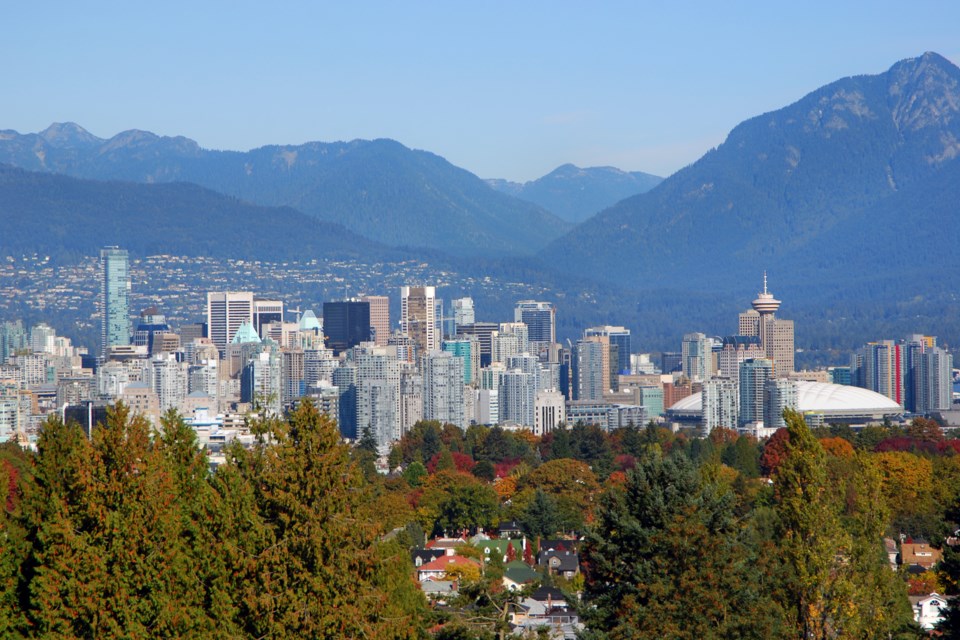Vancouver is known for its spectacular landscape but the preservation of areas to admire local views could be hindering housing development, according to one city councillor.
These areas, known as “view cones,” serve to preserve spots across the city that provide residents with a view of the region’s mountain and ocean landscape.
However, not all view cones are providing Vancouverites with a spectacular view and could be cutting the number of housing units that the city can deliver.
“We have small view cones that are obscured by vegetation that is overgrown, or there's a marina in front of them and they're being blocked by a bunch of sailboat mass,” said Coun. Peter Meiszner in an interview.
He will be submitting a motion on Wednesday, Oct. 4 asking city staff to determine the amount of additional housing, job space and public benefits that could potentially be built on sites currently impacted by view cone restrictions.
“Most people wouldn't notice those lower priority ones are cutting the number of rental units or social housing units that we could build on a site by the hundreds. So, that's where the idea for this review started,” he said.
Established in 1989, the city’s View Protection Guidelines outline 26 protected view corridors in addition to guiding certain aspects of construction like the height of buildings near the cones.
View cones were last reviewed over a decade ago in 2010 and a lot has changed in the city since then, said Meiszner.
The City of Vancouver is geographically constrained, which makes finding developable land while also containing urban sprawl increasingly harder. This is coupled with rising housing prices, decreasing housing supply and an increase in individuals experiencing homelessness, the motion said.
“We need to be looking at everything we can to facilitate the housing that we need, especially with costs and also the rapid transit line investments like the Broadway line that's going to open in a couple of years. We need to ensure that we're maximizing the potential of the developable land that we have to deliver more housing,” Meiszner said.
In January 2023, Vancouver Mayor Ken Sim said his administration would review the cones to understand the impact on potential housing supply and job spaces, the motion said.
The motion is not directed at panoramic view cones such as the ones located in Queen Elizabeth Park; however, Meiszner said that these will also be reviewed by council for informational purposes.
Each view cone has a set of specific elements that define it such as “view extent,” or how far and wide a view cone is, and “view origin,” which determines the viewpoint that an average person of roughly 5'6" tall would have of the corridor, according to the motion.
The motion is requesting staff to report back with “preliminary assumptions and scope of work” by the fourth quarter of 2023. This will be followed by a full report by the end of the second quarter of 2024.



